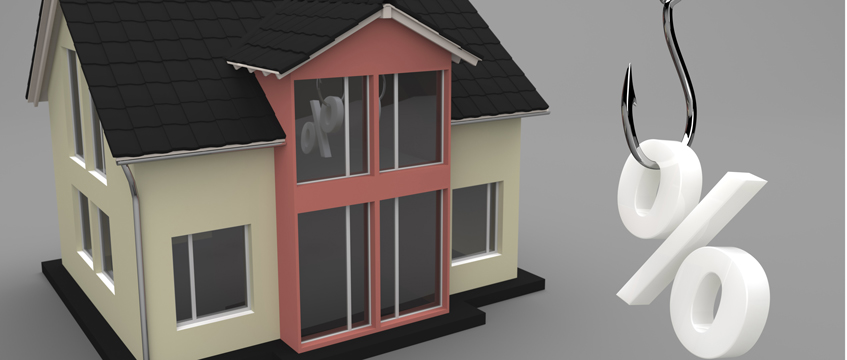Prime minister Theresa May’s proposed stamp duty hike for foreign investors into residential property has been criticised both as a blunt instrument that does not properly target opaque ownership and as a “political tool”.
Industry experts said the policy could result in reduced development activity and the creation of less affordable housing.
The announcement has already wiped off £600m from the value of listed developers, including Berkeley Group, Barratt Developments and Taylor Wimpey.
The Conservatives say that foreign investment in the UK residential market has inflated house prices, reducing domestic home ownership. May has said the proposal seeks to “fix our broken housing market”.
Initial implementation
Residential analyst Neal Hudson suggests initial implementation may be complicated and that while any reduction in overseas demand may in theory have some impact on enabling more UK first-time buyers to get on to the housing ladder, it risks an overall reduction in development activity. This could in turn increase pricing as supply reduces and causes the opposite of the proposed policy’s desired impact.
“How do you define who a foreign buyer is? Does a Chinese investor buying a flat for their child to live in while they’re at university count as a foreign buyer?”, he says.
“Actually, most overseas buyers aren’t cash rich Russian oligarchs or Middle Eastern sheiks, they are middle-class South-East Asians who actually need to rent out the property to generate an income to pay off a mortgage.”
While the policy targets ownership by foreign individuals investing in property Hudson said the focus should be on “foreign ownership”, including UK nationals which own property off-shore in “opaque” ways that can reduce tax take.
Short-term uncertainty
Adam Challis, head of residential research at JLL, also warned of short-term uncertainty for developers. He said: “International purchases, love it or loathe it, have become a really important activity”.
Challis added: “Developers are far more reliant on international sales than on traditional housebuilding, it’s very much going to have a disproportionate impact on London and to a lesser extend Manchester.”
Weaker developer cash flow and viability is likely to reduce private builds, but also the delivery of affordable housing, Challis explained. He noted: “The one fundamental way to solve the housing crisis is to try to build new homes.”
“Lower investment activity stops development; the only long-term solution to the UK housing crisis,” he says.
“At a time when the UK needs to be open to doing business with the world, this policy would send the signal that we are determined to remain a small island.”
Predicted response
Savills’ director of residential research Lucian Cook expects that if implemented buyers will likely respond in three stages.
He said: “The first indications with regard to buyer sentiment will come through this autumn market, when you’ll see whether or not there’s a knee-jerk reaction to the fact that stamp duty is increased.”
Cook explained this would be followed by a period of “rationalisation” during which there would be a reduction in activity while investors keep tabs on the prospect of a decision following the consultation and then a last-minute surge, with buyers looking to avoid the additional stamp duty if it is to be brought in.
But longer term, he said: “The jury’s out as to the extent in which it tampers overseas buyers’ demand. It needs to be weighed against all the other reasons why [overseas buyers] invest in the UK housing market.”
Cook noted that Londoners may “welcome the fact that the playing field is levelled” as a small positive. But he stressed: “It is, more than anything, a political tool.”
“The combination of this and the future of Help to Buy will determine exactly how much housebuilders want to build.”
Foreigner stamp duty explained
The proposed increase in the amount of stamp duty that individuals or companies that do not pay tax has yet to be determined, but prime minister Theresa May has said it will be between 1% and 3%. This will be on top of existing stamp duty, including the higher levels introduced in April 2016 on second homes and buy-to-let.
The Conservative Party claims the tax could raise up to £120m based on a 3% rate and that this money will be used to help provide homes for rough sleepers.
A consultation ahead of implementation will be launched although no date has so far been set nor has any likely timing of the new regulation coming in. It is possible there may be further clarification in the upcoming budget on 29 October.
The new foreign buyer stamp duty seeks to reduce overseas home buying and quash demand in an effort to lower UK house prices in favour of domestic purchases.
May said: “Britain will always be open to people who want to live, work and build a life here.
“However, it cannot be right that it is as easy for individuals who don’t live in the UK, as well as foreign-based companies, to buy homes as it is for hard working British residents.”











